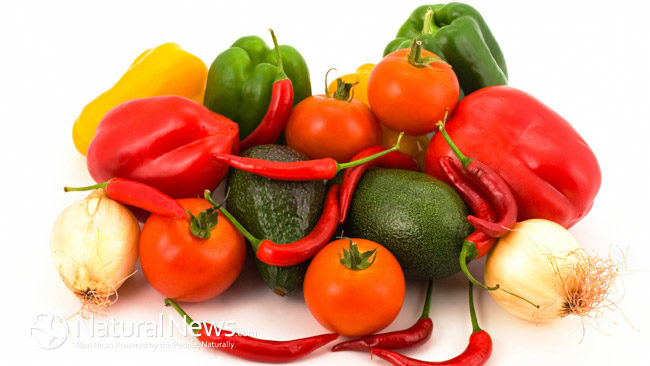Vegetarians are less likely to develop cancer than meat eaters, according to several newspapers. They have reported on a study which found that vegetarians are 45% less likely to develop cancer of the blood (such as leukaemias and lymphomas) and 12% less likely to develop cancer overall.
The findings come from the pooled results of two large studies, which looked at cancer rates and dietary habits in 61,566 people. Participants provided information on their diet at the start of the study and researchers followed them for up to 26 years to look at their development of cancer. Of 20 cancers examined, the risk of stomach, bladder and blood cancers was reduced in vegetarians, while eating fish but no meat decreased the risk of ovarian cancer.
However, the incidence of these four cancers across the whole sample was low (particularly for stomach and bladder cancer), which decreases the reliability of the risk figure calculated and the clinical relevance for the general public. The study has some other limitations, which mean its conclusion that “being a vegetarian decreases your risk of cancer” must be made with great caution if based solely on findings of this study.
Where did the story come from?
T J Kay of the University of Oxford and colleagues of other institutions in the UK and New Zealand carried out this research. The study was funded by Cancer Research UK. The principal author has declared that he is a member of the Vegetarian Society. The study was published in the peer-reviewed British Journal of Cancer.
The Importance of Fruits and Veggies
Part of this risk in limiting your fruit and veggie intake lies in the fact that lower consumption probably goes hand in hand with higher fat consumption-in other words you trade in the banana for the burger. High fat diets are associated with increased risk for prostate, breast and colon cancers.
Vegetarians (those who eat mainly plant matter, dairy and eggs) and vegans (those who eat only plant matter and consume no animal products of any kind) have lower cholesterol and generally have a lower body mass index (BMI) than meat eaters , and are at much lower risk for developing ischemic heart disease .
It has been long known that fruits and vegetables, along with whole grains, are major factors in health and weight loss. You are less likely to be overweight if you are eating things that your body will use and benefit from, rather than eating toxic things that will just accumulate in your organs.
Your Daily Consumption of Fruit and Veggies
It is recommended that people eat five servings of fruits and vegetables each day, although many people find excuses not to do so. So many excuses, in fact, that the Food and Drug Administration decided to address them one by one in an issue of FDA Consumer Magazine.
Other organizations are taking point on the five-a-day campaign, including the National Cancer Institute and Center for Disease Control and Prevention, which includes a calculator to tell you how many cups of each you need depending on your age, gender and activity level.
If you’re getting less than five servings per day of these disease fighting foods, it might be time to rethink your strategy. Sitting down to watch TV? Stash the potato chips (they don’t count as a vegetable) and try eating some fresh fruit instead.
The Benefits of Fruits and Vegetables
Other than lowering the risk of cancer, helping to control cholesterol and fat levels, fruits and vegetables provides loads of antioxidants, which help remove free radicals from the body. Free radicals may cause cellular damage and lead to cancer. Free-radical wrangling antioxidants are found in all fruits and vegetables, some meat and dairy products, as well as raw nuts and seeds.
Looking for a quick and easy way to pack antioxidants into your diet? Bulk up on healthy berries! Not only do they contain extremely high amounts of antioxidants, they contain phytochemicals. Don’t let the word scare you, phytochemicals are a good thing.
Phytochemicals seem to block cancer development, but youll miss out on this important cancer fighting component if you just take an antioxidant supplement instead of consuming phytochemical containing foods, like berries . Blueberries are among the best free radical wranglers on the market, and they’re fun to gather at you-pick-farms.
References:





